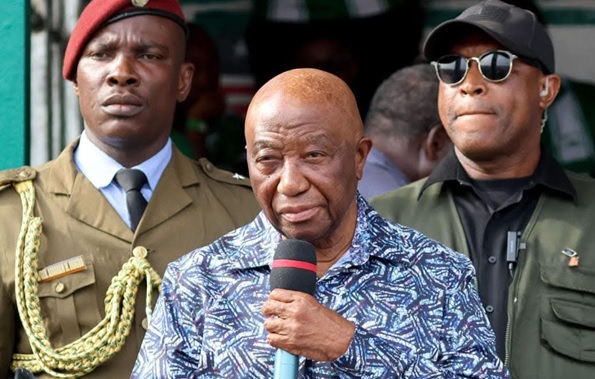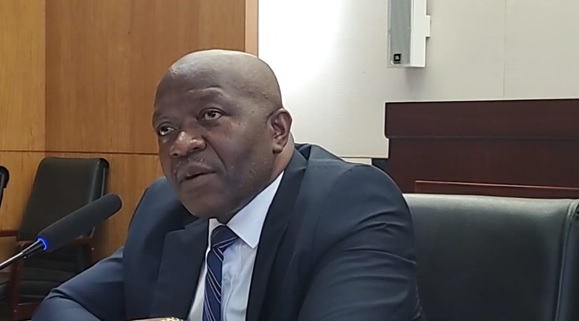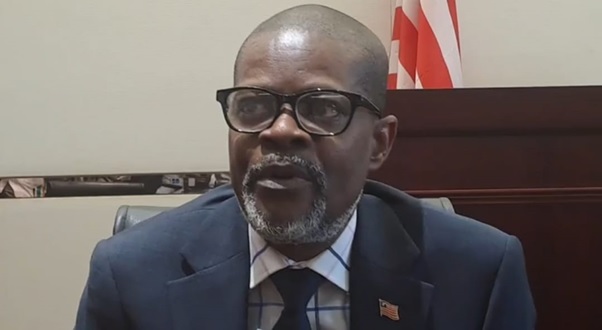MONROVIA, LIBERIA – Anderson D. Miamen, Executive Director of the Center for Transparency and Accountability in Liberia (CENTAL), has called on President Joseph Nyuma Boakai to pursue transformative leadership rather than relying on what he describes as “business as usual” actions. In a candid Facebook post on Monday, January 13, 2025, Miamen expressed dissatisfaction with the pace of the Unity Party government’s fight against corruption during its first year in office, warning that ordinary leadership will not deliver the changes Liberia desperately needs.
Miamen stressed that Liberians, having endured decades of hardship despite the country’s abundant natural resources, deserve better governance and economic management. He noted that past administrations had squandered numerous opportunities to improve the nation’s fortunes, leaving the population yearning for genuine transformation.
According to Miamen, President Boakai has a unique opportunity to set high standards for governance, accountability, and development, particularly amid speculation that the 82-year-old president might not seek re-election due to his age. If the rumors are true, Miamen argued, Boakai could cement his legacy by laying a strong foundation for his successors. Conversely, if the president intends to pursue a second term, Miamen believes a robust and impactful first term is critical for ensuring long-term success.
Miamen outlined several areas where President Boakai could take immediate action to demonstrate a commitment to reform. He urged the president to cut back on wasteful government expenditures, including excessive travel and spending on new vehicles for public officials. He also called for a reduction in the budgets allocated to top government offices, including those of the president, vice president, speaker, and deputy speaker.
Furthermore, Miamen emphasized the need for a genuine zero-tolerance policy on corruption, particularly within Boakai’s administration. While acknowledging some efforts by the president to address governance issues, Miamen argued that these measures have so far fallen short of signaling a decisive break from past administrations, including that of former President George Weah, whose tenure was marred by corruption and accountability concerns.
Looking ahead to the administration’s second year, Miamen expressed cautious optimism but noted that 2024 had already seen several missed opportunities for the president to establish a clear reform agenda. He urged Boakai to take bold steps in his governance approach, warning that failure to do so could see his leadership fall into the same patterns of mediocrity that have plagued past administrations.







